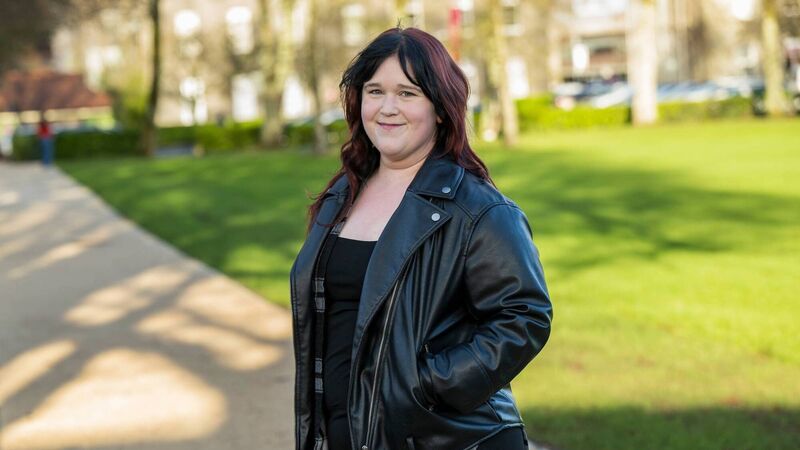'It was my family who stopped me — I didn’t want my mother to have to bury a child'

Róisín Lynam, from Galway, who is encouraging others to ring Samaritans if they need support. Photo: Andrew Downes, xposure
- If you are affected by any of the issues raised in this article, please click here for a list of support services.







